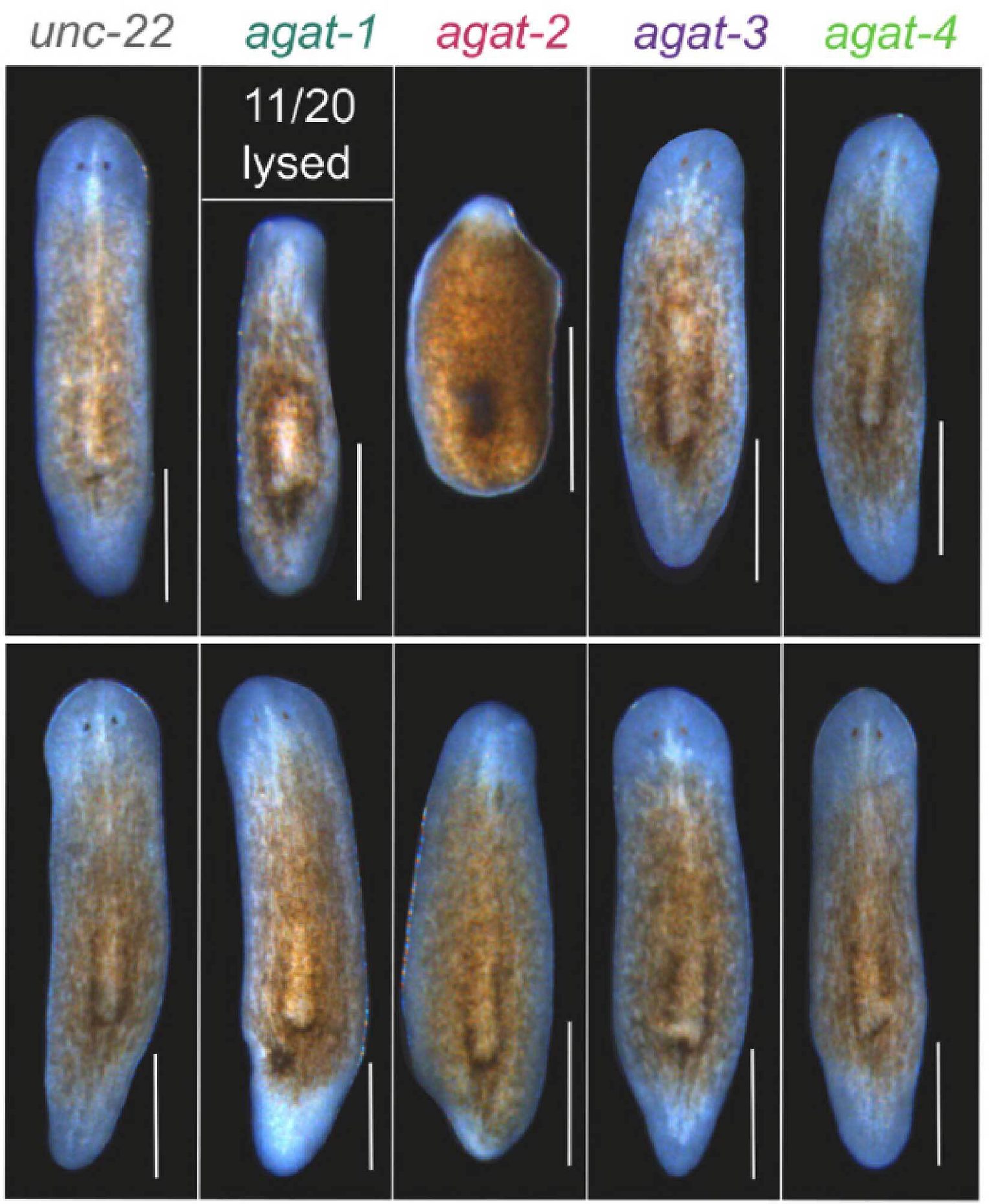A comparative study of two fish species offers important clues about vertebrate regeneration
KANSAS CITY, MO—Why do some vertebrate animals like salamanders have the ability to regenerate a wide range of organs and tissues while others, such as most mammals, don’t? Researchers from the Stowers Institute for Medical Research recently found a new piece to the regeneration puzzle.
In the video below, Wei Wang, PhD, who led the study, describes how he and collaborators compared the regeneration process in two species of bony fish – zebrafish and African killifish – to identify similarities and differences in genomic responses underlying the process. They found both species-specific and evolutionarily conserved responses. The conserved responses revealed particular DNA sequences called regeneration-responsive enhancers (RREs) that are also present in mammalian genomes. Some RREs appear to have been repurposed during evolution, resulting in a loss of regenerative capacity in some species.
A report describing the study was published online September 4, 2020, in Science. Wang is a postdoc in the lab of Stowers Investigator and Scientific Director Alejandro Sánchez Alvarado, PhD. Sánchez Alvarado is also an Investigator of the Howard Hughes Medical Institute. Co-authors of this work include An Zeng, PhD, Dana Alegre, Deqing Hu, PhD, Kirsten Gotting, Augusto Ortega Granillo, Yongfu Wang, PhD, Sofia Robb, PhD, Robert Schnittker, Shasha Zhang, PhD, Dillon Alegre, Hua Li, PhD, Eric Ross, and Ning Zhang, PhD, from the Stowers Institute, and Chi-Kuo Hu, PhD, and Anne Brunet, PhD, from Stanford University.
Related Content:
Changes in regeneration-responsive enhancers shape regenerative capacities in vertebrates
Science Article
Editor’s Summary
Science Editor’s Summary
Why some animals have the power of regeneration
Nature Research Highlights
Sánchez Alvarado Lab
Lab website with more information about developmental and regenerative research and educational resources



